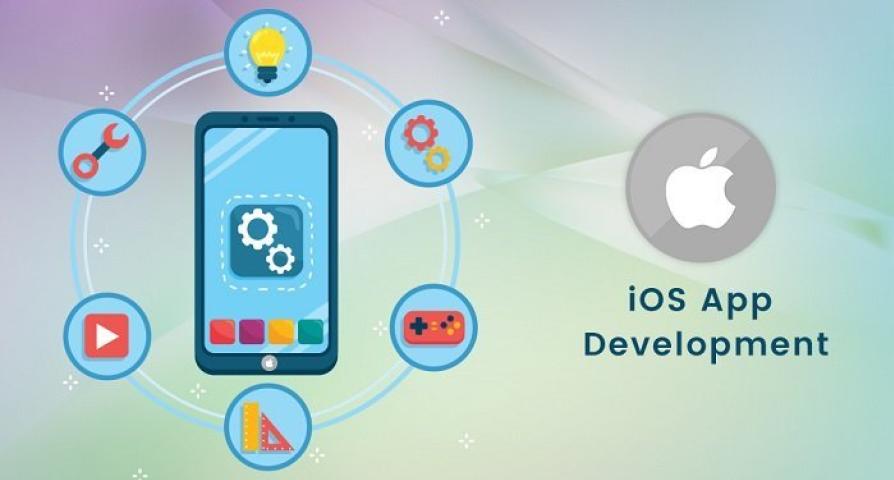Digital marketing is a form of marketing that leverages the internet and digital technologies, such as computers and mobile devices, to connect with customers. Unlike traditional media (such as print, radio, or television), digital marketing uses various digital channels to reach consumers wherever they spend the most time.
Scope of digital marketing
Digital marketing is witnessing rapid growth due to increased internet penetration, smartphone usage, and online activities. Businesses are allocating larger portions of their budgets to digital marketing efforts. Compared to traditional marketing, digital marketing is more cost-effective. Small businesses can compete with larger ones by leveraging digital channels without hefty budgets. Digital marketing allows businesses to transcend geographical boundaries. Companies can target audiences worldwide, expanding their reach beyond local markets.
Techniques of digital marketing
Digital marketing techniques encompass a wide range of strategies and practices aimed at promoting products or services through various digital channels. Here are some of the most effective and commonly used digital marketing techniques:
1. Search Engine Optimization (SEO)
Definition: The process of improving the visibility of a website or a web page in search engines through organic (non-paid) search results.
Keyword Research: Identifying and targeting the right keywords that potential customers use to search for products or services.
2. Content Marketing
Definition: Creating and distributing valuable, relevant, and consistent content to attract and engage a clearly defined audience.
Blogging: Writing informative and engaging blog posts.
Video Content: Producing videos for platforms like YouTube and social media.
Infographics: Creating visual representations of information or data.
E-books and Whitepapers: Offering in-depth information to capture leads and establish authority.
3. Social Media Marketing
Definition: Using social media platforms to promote products or services and engage with the audience.
Organic Social Media: Posting regular updates, engaging with followers, and building a community.
Paid Social Media: Running ad campaigns to reach a broader or more targeted audience.
Social Media Management: Using tools to manage and schedule posts, track performance, and engage with followers.
4. Email Marketing
Definition: Sending targeted email campaigns to nurture leads, promote products, and maintain customer relationships.
Newsletters: Regularly sending updates and curated content to subscribers.
Automated Campaigns: Sending emails triggered by specific actions or dates.
Personalization: Tailoring email content to different segments of the audience.
5. Pay-Per-Click (PPC) Advertising
Definition: Paying for ads that appear on search engines and other platforms, where advertisers pay a fee each time their ad is clicked.
Search Ads: Ads displayed on search engine results pages.
Display Ads: Banner ads shown on websites within ad networks.
Remarketing: Targeting users who have previously visited your site.
6. Affiliate Marketing
Definition: Partnering with affiliates who promote a business’s products or services in exchange for a commission on sales generated through their referral links.
Affiliate Networks: Joining networks to find affiliates.
Commission-Based Sales: Setting up a system where affiliates earn a commission for sales.
7. Influencer Marketing
Definition: Collaborating with influencers who have a significant following to promote products or services.
Partnerships: Working with influencers to create content featuring your brand.
Sponsored Content: Paying influencers to promote your products.
8. Mobile Marketing
Definition: Reaching audiences on their mobile devices through SMS, mobile apps, and mobile-friendly websites.
SMS Marketing: Sending promotional messages via text.
In-App Advertising: Displaying ads within mobile applications.
Mobile-Friendly Websites: Ensuring your site is optimized for mobile devices.
9. Video Marketing
Definition: Using videos to promote and market products or services, increase engagement, and educate customers.
YouTube Marketing: Creating and optimizing videos for YouTube.
Live Streaming: Engaging with audiences in real-time through platforms like Facebook Live and Instagram Live.
Video Ads: Running ads on video platforms.
10. Online Public Relations (PR)
Definition: Managing a brand's online reputation and presence through digital PR strategies.
Press Releases: Distributing news about your business to online publications.
Media Outreach: Building relationships with journalists and influencers to gain coverage.
Crisis Management: Handling negative publicity and maintaining a positive online reputation.
11. Web Analytics and Reporting
Definition: Tracking and analyzing the performance of digital marketing campaigns to optimize strategies.
Google Analytics: Monitoring website traffic and user behavior.
Performance Metrics: Measuring KPIs such as conversion rates, click-through rates, and return on investment.
12. Conversion Rate Optimization (CRO)
Definition: Improving the percentage of visitors who take the desired action on a website.
A/B Testing: Comparing two versions of a webpage to see which one performs better.
User Experience (UX) Design: Enhancing the usability and overall experience for website visitors.
Landing Page Optimization: Creating highly targeted landing pages to increase conversions.
13. Voice Search Optimization
Definition: Adapting content for voice search queries from devices like Amazon Alexa and Google Home.
Conversational Keywords: Using natural language and long-tail keywords.
Featured Snippets: Structuring content to be more likely featured in search engine snippets.
14. Chatbots and AI
Definition: Using artificial intelligence to provide instant customer support and engagement.
Automated Customer Service: Implementing chatbots to handle common queries.
Personalization: Using AI to personalize marketing messages and recommendations.
These techniques collectively form a comprehensive digital marketing strategy that businesses can adapt and optimize based on their unique goals and target audience. As the digital landscape evolves, staying updated with the latest trends and technologies is crucial for maintaining a competitive edge.
Visit my website - best digital marketing strategist from kannur
















